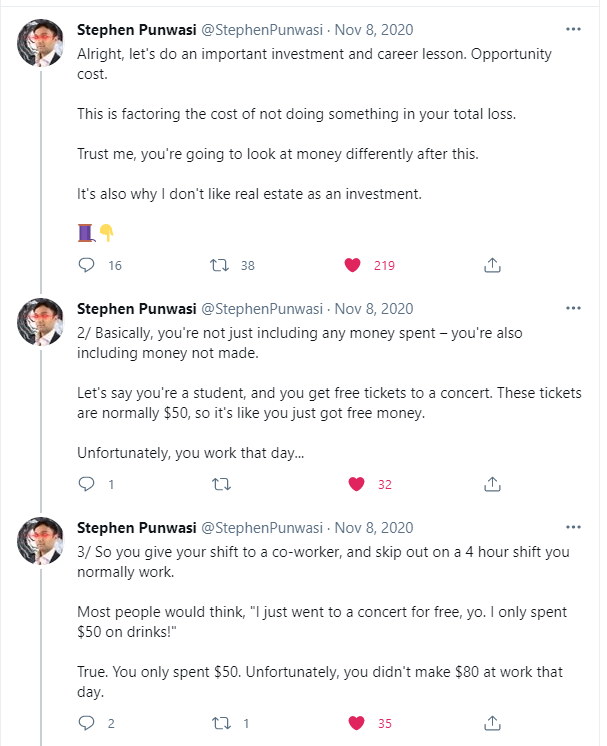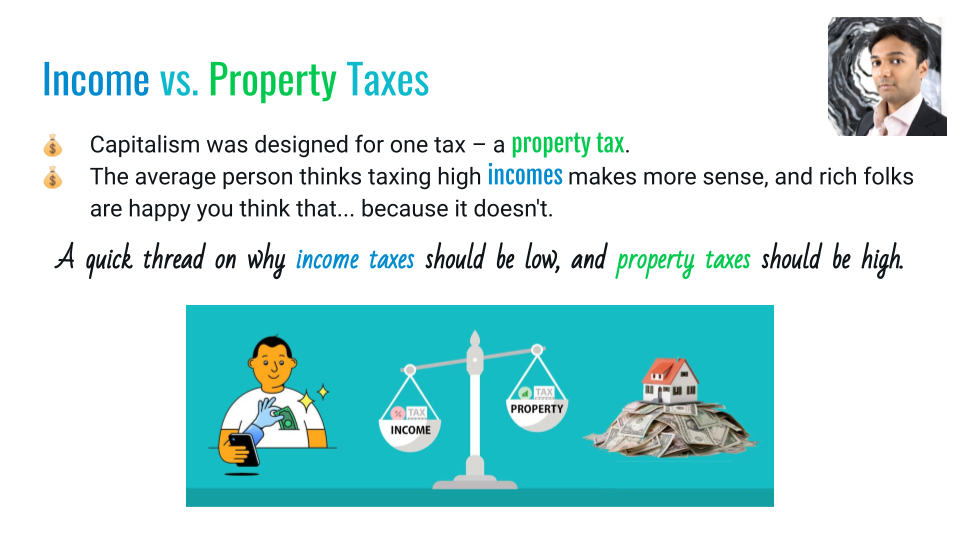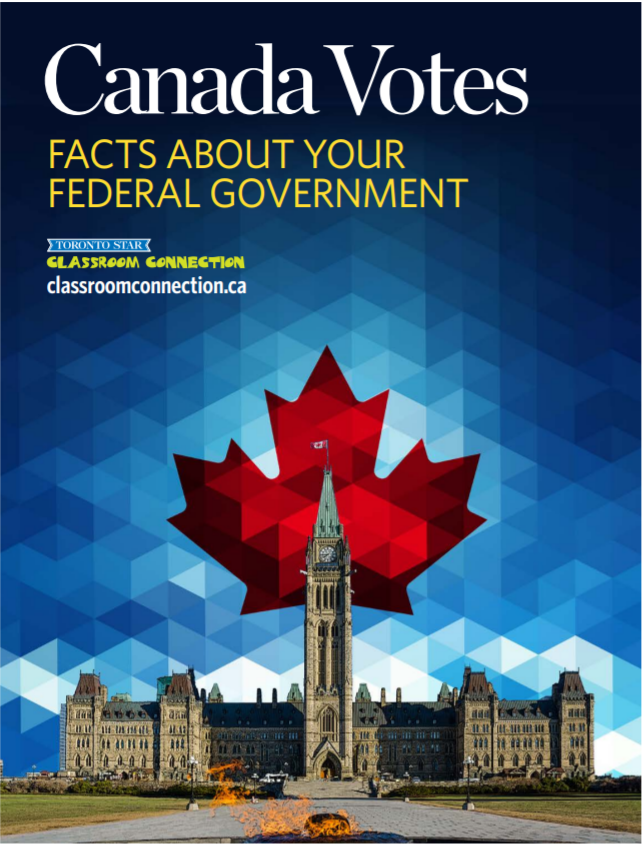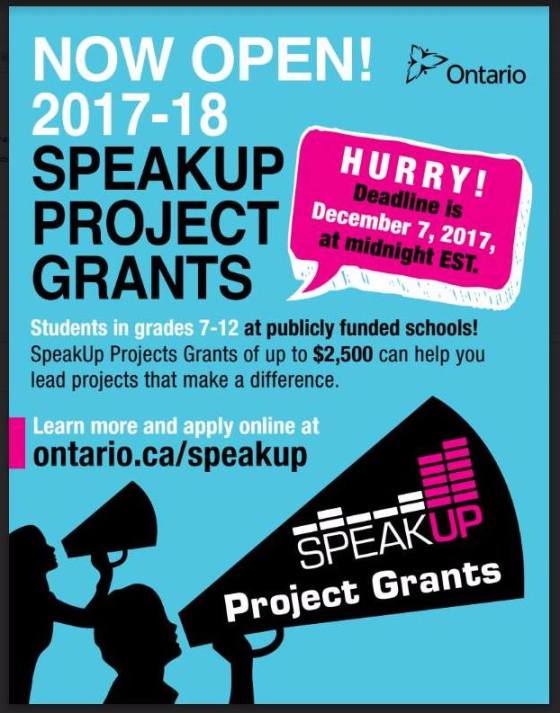When I was growing up, it was just expected that I would go to University. Today, you can’t even get a job interview without a degree. However, as a teacher, I can honestly say the idea of university has never made less sense to me.
Not personalized/relevant
Thinking back to my own experience, many of the mandatory courses were just areas of study for my professors, meaning we learned them because our professors had an interest in them. Basically, I paid a lot of money to learn something which had no interest or relevance to my own personal journey.
No vocation training
If the purpose of education is to get a job, and you don’t learn about jobs in elementary school or high school (not part of any curriculum), then at what point should this become a priority? At the very least, Universities should be providing relevant skills and information about possible professions in the area of study. No?! At least some fields have co-op, but if you don’t like your experience, where do you go from there? Change majors? To me, this is the primary failing of all universities today. Students should learn in first year studies what types of jobs they can get with this particular major and provide basic vocational skills.
Lacking in practical skills
My friend, who quit university to go to college, said that his favourite course was a communications course where he learned, among other things, basic skills like how to properly compose an email. It sounds silly, but in a world where text is king, many students are not, in fact, very good at communication in a professional manner. There are also many basic programs my friend learned that businesses used, whereas I had none of this in university. I would like to think that all first year programs should include some sort of basic tech and communication training. Bonus if they offered personal finance courses where they learned how to save, budget and pay for, say, university or possibly a house! How credit cards and interest works!
Summary
Don’t get me wrong, I don’t blame professors who are undoubtedly doing the best they can within the system, but the system is old and in need of a major makeover. In a world where knowledge is available, at all times, at one’s fingertips, universities need to focus far less on the acquisition of knowledge and more on practical skills and basic vocation training. Otherwise students are wasting vast sums of money, years lost when they could have been working and earning money.How would the world look if everyone started earning money 4-5 years earlier? People would likely have kids at a younger age, own homes at a younger age,…Something to think about at least!
Perhaps companies should recruit out of high school.
As they say, hire character, train skill.











